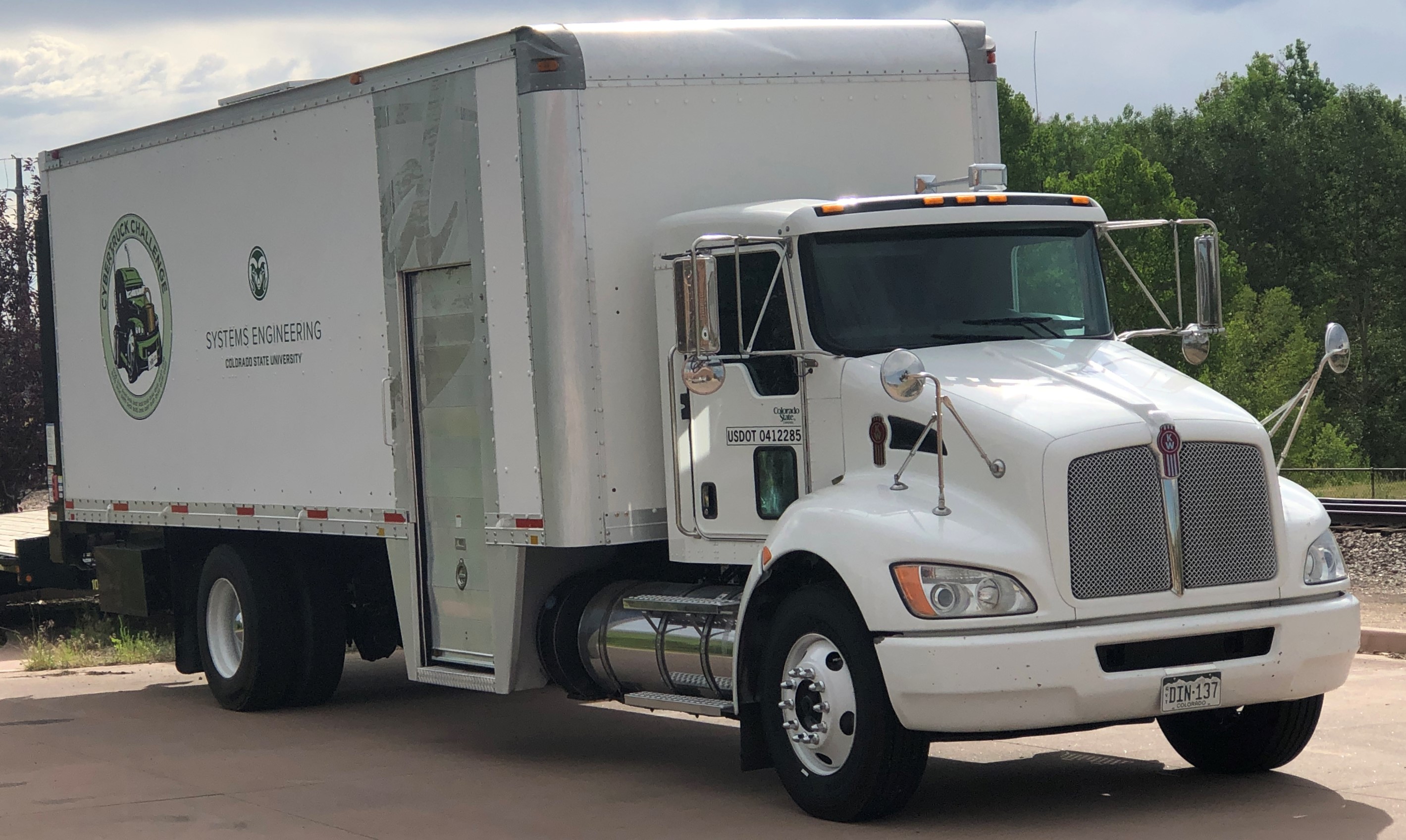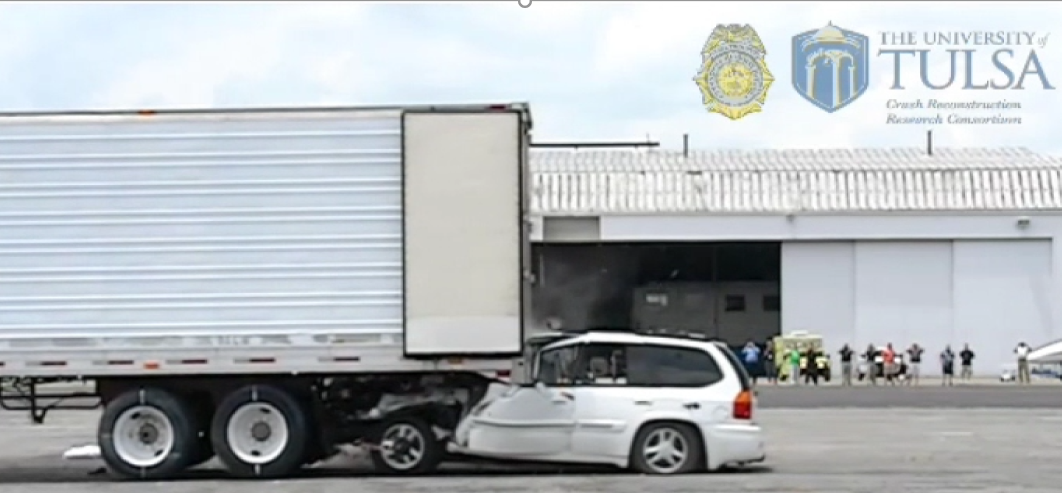2014 Kenworth T270
Engine: PACCAR PX-7 (Cummins CM2350 ECU)
Brakes: Bendix EC-60
Transmission: Allison RDS-2000
Summary: This truck made a cross-country trip from Colorado to Michigan and back. During this trip, a CAN Logger 3 captured all the CAN traffic during the 4 days of driving. The CAN Logger 3 made many files, some were small (1KB) and others were quite large (400MB). These files were concatenated put in cronological order. The expanded file size is just under 2GB, so some smaller snippets of the trip are also available below.
Number of Messages: 37,754,838
File name(s):
2014_KW_T270_cross_country_can_log.zip (320,510 KB)
2014_KW_T270_LongDrive_CSU090BJ.zip (84,245 KB)
canlogger_2014_KW_T270_LongDrive_CSU090BJ.zip (113,555 KB)
2014_KW_T270_Starting_CSU090B6.zip (1,277 KB)
2014_KW_T270_Short_CSU090AT.zip (181 KB)
Challenge Questions:
- How long was the trip?
- Does the trip distance comport with a trip from Fort Collins, CO to Detroit, MI and back?
- What was the maximum speed on the trip?
- How much time was spent in cruise control?
2015 Kenworth T660
An AVI video file (462,703 KB) of the driver and passenger shows the steering and braking controls that took place when recording the CAN data.
Engine: PACCAR MX-13
Transmission: Manual
Summary: This record was gathered with an Intrepid NeoVI using their VSpy software. The tractor was driven around an industrial block and the driver performed some hard braking manuvers during the drive. A Video VBox was connected that broadcast external reference measurements onto the J1939 to syncronize the vehicle electronic measurements with the external measurements taken from the Racelogic Video VBox. The VBox data were stripped from the VSpy file and saved in the candump format. This data is interesting because it has aperiodic command messages from the ABS controller telling the engine to change during the ABS brake events.
Number of Messages: 3,442,568
File name(s):
candump_kw_drive.zip (1,175 KB)
vspy_kw_drive.zip (4,879 KB)
Challenge Questions:
- What was the acceleration rate of the heavy braking events?
- What did the brake controller tell the engine to do during the hard brake events?
- What is the differential wheel speed when turning the corners?
2011 Freightliner Cascadia in a Crash
Engine: DD15
Brakes: Not Sure... probably Wabco
Transmission: Manual
Summary: This was a crash test done for the Tennessee Highway Patrol 2014 conference at the Smyrna airport. A GMC Envoy was pulled into the trailer at 43 mph while the truck's J1939 network was being recorded. Additional data was gathered during the DDEC Reports and DDDL data extration. The tool used to record CAN was Intrepid's VSPY with a NeoVI Yellow (out of production). The zip file contains a network analysis of the crash event and log files tied to the different data extractions. The files also include J1708 messages.
Number of Messages: 2,061,738
File name(s):
Bus Traffic DD15 crash event tennessee 2014 5-28-2014 1-13-17 pm.csv (8,695 KB)
Bus Traffic DD15 Tennessee 2014 5-28-2014 crash testing.zip (99,448 KB)
Crash Test Video:
EnvoyIntoTrailer.mov (9,766 KB)
Challenge Questions:
- What was the Delta-V for the truck and trailer?
- How is the DDEC Reports data being downloaded?
- What is the seed-key security exchange?
2019 International LT

